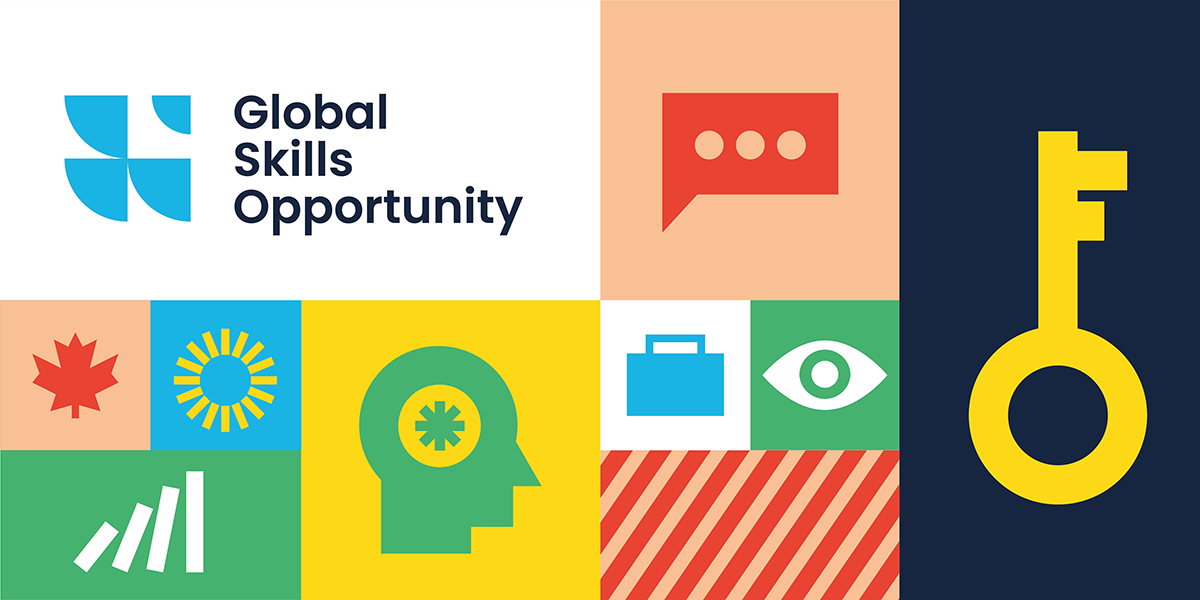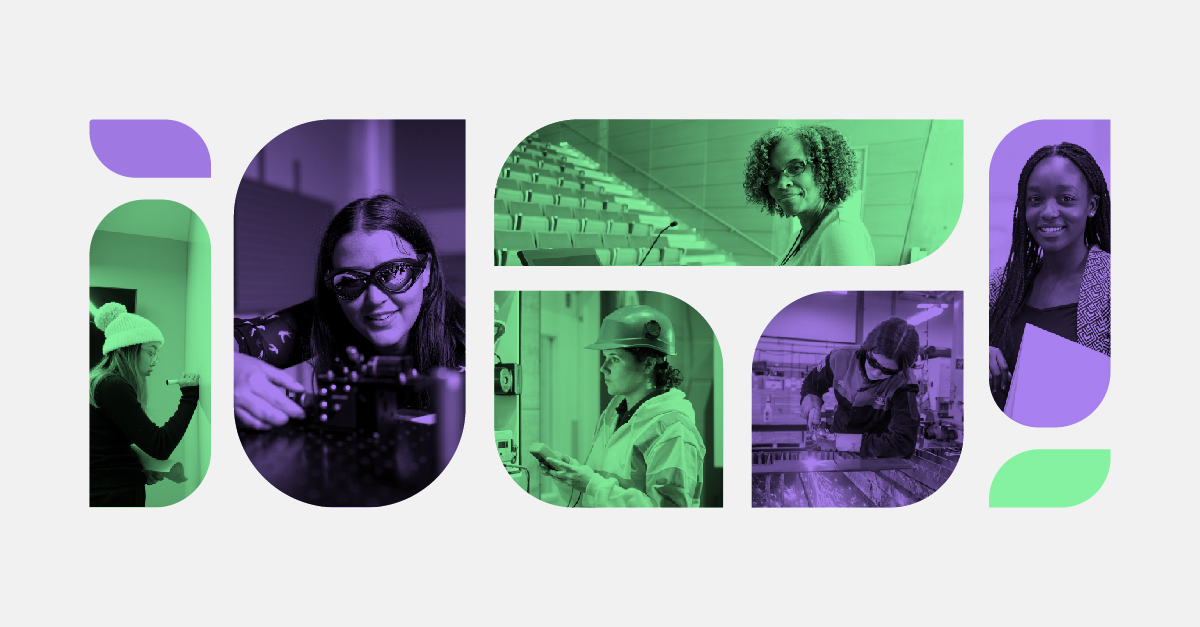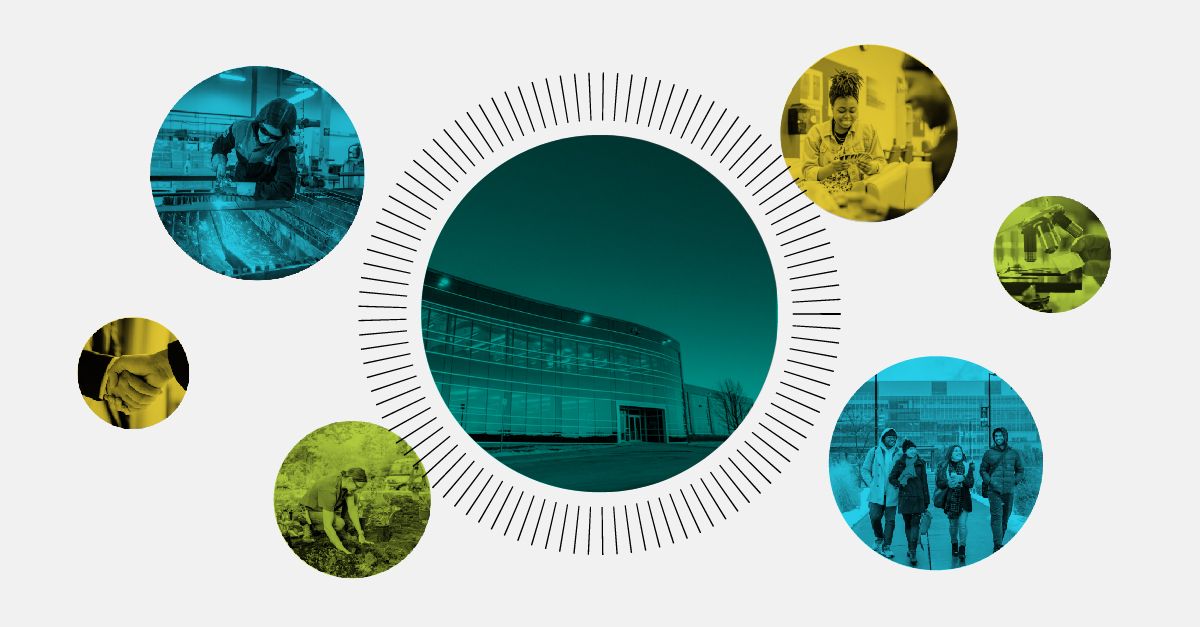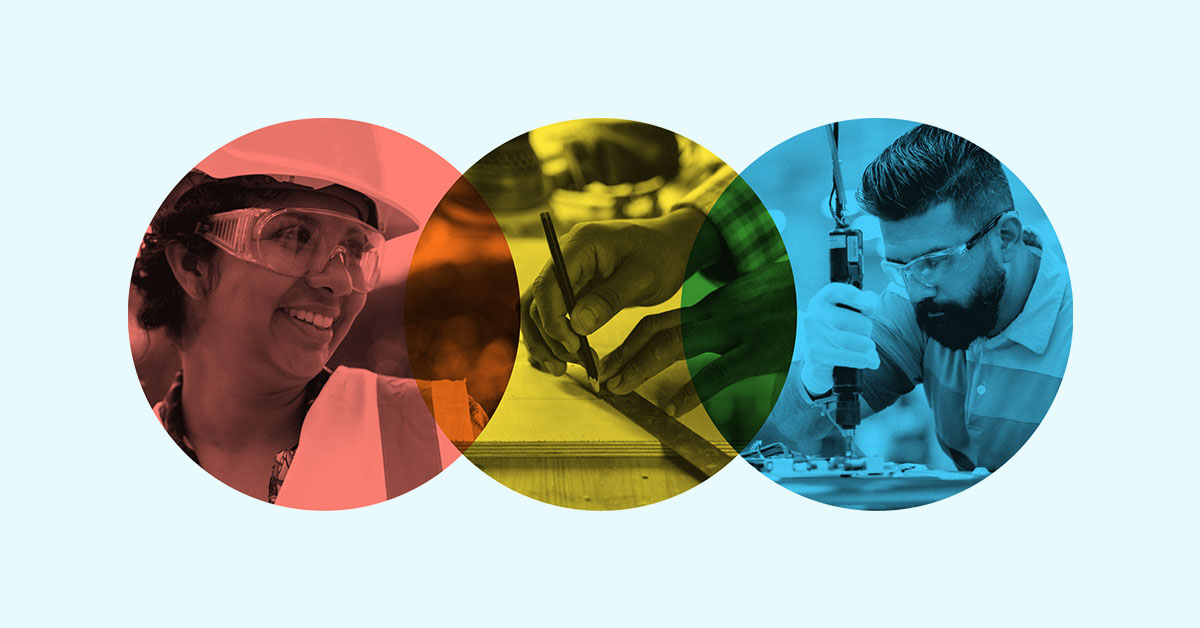At a time when housing affordability and availability are among the most pressing challenges for Canadians, the Government of Canada has demonstrated its commitment to addressing these challenges head-on through its recent 2024 Housing Plan and Federal Budget. But they’re not in this fight alone. Colleges and institutes, deeply rooted in communities with a proven track record of innovation and adaptability, emerge as critical partners.
In case you missed it, here’s a summary of the key housing-related announcements impacting our sector:
- New Loan Funding for Apartment Construction: Starting in 2025-26, the $15 billion Apartment Construction Loan Program opens to colleges and institutes, providing additional financial support.
- Investment in Skilled Trades: $90 million for the Apprenticeship Service and $10 million for the Skilled Trades Awareness and Readiness Program aim to encourage Canadians to pursue careers in the skilled trades.
- Foreign Credential Recognition: $50 million, with a focus on streamlining recognition in construction to address skilled labour shortages in the construction sector.
- GST Relief for Student Residences: Eligibility conditions for GST removal on new student residences relaxed for not-for-profit universities, public colleges, and school authorities.
- Homebuilding Technology and Innovation Fund: $50 million allocated to launch this fund, administered by Next Generation Manufacturing Canada.
Harnessing the full potential of colleges and institutes will be key to realizing the success of these investments. Not only do they train, upskill and reskill Canada’s construction workforce, but they fast-track student housing developments and support innovative and sustainable solutions to build better homes faster. Let’s break that down.
Training Skilled Labour in Construction
A sustainable housing agenda hinges on a skilled workforce in the construction trades. Did you know building a typical home takes 30 different skilled trades and other on-site occupations? From designers to painters, plumbers to electricians, masons to roofers – it’s a huge effort! Right now, Canada faces a shortage of skilled labour, slowing its housing productivity. Build Force Canada highlights the need for around 350,000 workers over the next decade to accommodate growth and replace retiring workers. Our members are here to help.
To meet demand, Canada must tap into colleges and institutes’ vast array of specialized programs, including over 300 pre-apprenticeship programs in key fields. These programs are essential for equipping individuals of all generations with the necessary skills to build more homes. Program advisory committees, made up of industry and community representatives, ensure these programs align with evolving housing-sector needs, producing graduates ready to hit the ground running. Additionally, colleges and institutes will support the Government’s efforts by participating in integration services that leverage newcomer talent, such as federal credential recognition programs. Our members support international outreach strategies to recruit newcomers, facilitate credential and competency assessment, ensure recognition, and foster seamless integration into the labour market with wrap-around support. There’s also a concerted effort among institutions to develop tailored programs for traditionally underrepresented groups, such as women and Indigenous learners, to enhance diversity and access a broader talent pool.
Finally, our members are proposing a set of new immigration policies to better retain Canadian-trained talent in high-demand occupation areas, including a pilot pathway program to help international students access the trades. This program aims to enable students in trades programs or active registered apprentices to smoothly transition between academic and work periods and would be tailored to accommodate diverse training models across provinces.
Leading Practical and Innovative Partnerships to Expedite Student Accommodation
Colleges and institutes are addressing the pressing demand for student housing while easing the strain on the rental market. Through innovative partnerships with local developers and non-profit organizations, they’ve been delivering tailored solutions for their communities, such as redesigning existing spaces to expand on-campus housing and forming partnerships for affordable living spaces. Recent surveys led by CICan reveal significant investment—over 30% of our members are allocating more than $950 million to student housing projects, with 43% contemplating similar initiatives. Additionally, with 75% possessing available land, they stand as crucial partners in achieving Canada’s housing objectives.
Conducting Innovative Building Research
The need for innovative and sustainable solutions lies at the core of the housing agenda. It’s more than just constructing houses; it’s about building homes that provide immediate access and ensure long-term sustainability. Colleges and institutes are at the forefront of applied research in this area. Their state-of-the-art training facilities and cutting-edge research centres work with local businesses and industry to drive solutions like green building technologies and sustainable urban planning, benefiting both communities and the environment.
The Budget’s commitment to modernizing Canada’s research and innovation funding system, focusing on mission-driven research, could be Canada’s secret weapon in addressing the housing crisis. Now is the moment to harness our national applied research capacity to confront challenges, including building more homes better. Our members are key players in this space. They’re championing the adoption of emerging technologies and fostering innovation in sustainable construction practices, resulting in enhanced productivity. This expertise could support challenge-based research for greater impact in housing innovation. College and institute research centres are well-suited for a mission-driven research approach, given their strong industry partnerships and networks, demand-driven ethos and trades-related academic programs in an applied research environment.
A Call to Action: Leveraging Colleges and Institutes for Success
To achieve its housing goals, the Government of Canada must leverage colleges and institutes by continuing to make necessary investments in these institutions for the homebuilding workforce development and housing innovation. We’re ready and eager to partner. Together, we can make a bold and meaningful impact.










